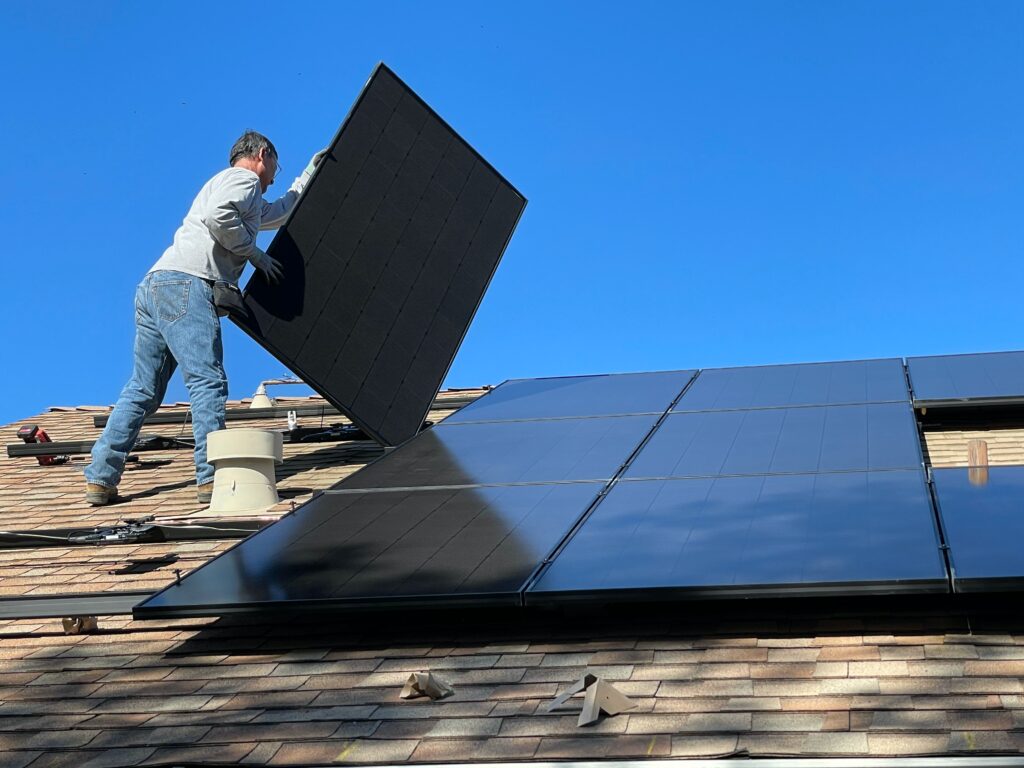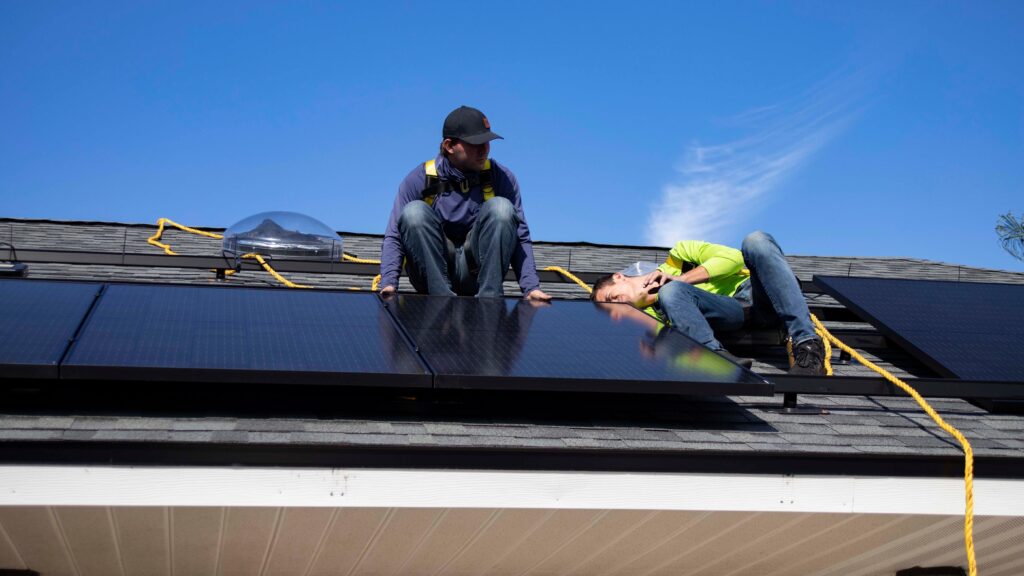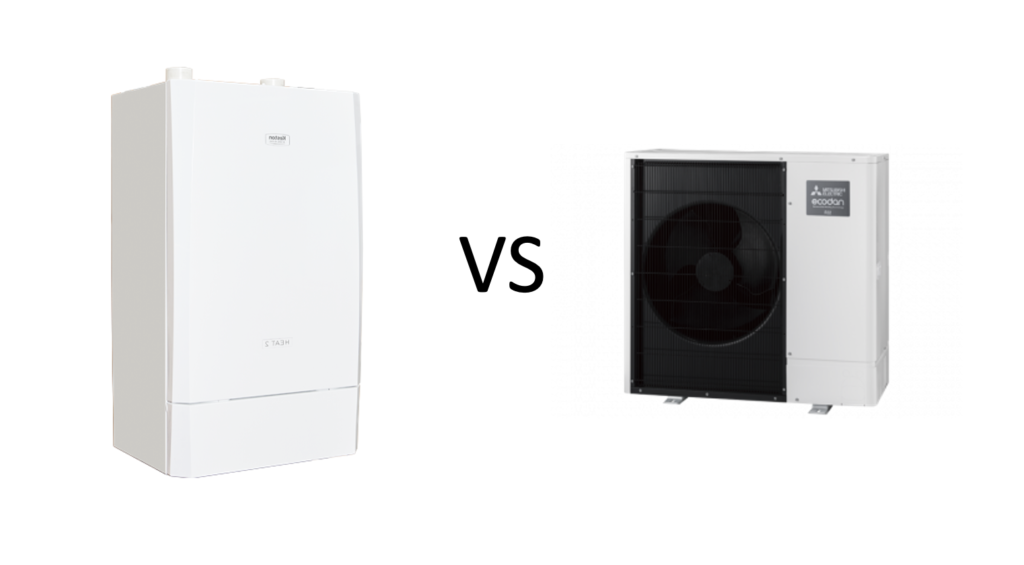Understanding Your Energy Bill: Energy Bills Explained
Energy bills can be confusing because they often include many charges, such as energy usage, taxes, fees, and delivery charges, making it difficult to understand the total cost. Energy suppliers also use different unit rates and billing methods, adding to the complexity. Additionally, promotional rates and discounts can also make it difficult to compare bills and determine the most cost-effective option.
So here we are to break it down for you, so that you understand what you are looking at
What Is a KWH of Gas?
In the UK, gas is measured in cubic meters (m3), however on your bill provided your supplier, you are measured and charged in kWh, although this measurement is to make sure gas and electricity is measured in the same format attempting to simplify the way we read bills, it often adds to the confusion.
The calculation to work out m3 of gas to kWh is;
- You need to subtract your current reading with your last meter reading.
- Multiply that number by the calorific value. All this information will be on your bill
- Multiply that figure by 1.02264. This is the correction figure which accounts for changes in the temperature and pressure of the gas.
- Divide this figure by 3.6 and you’ll have your gas usage in kWh.
A kilowatt-hour (kWh) is a unit of energy equivalent to one kilowatt (1 kW) of power used for one hour. It is commonly used to measure the energy consumption of households and businesses. The energy usage of appliances, electronic devices and lightings are often measured in watts (W) and their usage time in hours (h) , thus we can calculate the energy consumption in KWH. For example, if an appliance uses 1,000 watts (1 kW) and is operated for one hour, it has consumed 1 kWh of energy.
How Many kWh of Electric Does a House Use In a Day?
The average household in the UK uses around 10 kilowatt-hours (kWh) per day. However, this can vary depending on factors such as the size of the house, the number of people living in the house, and the appliances and devices being used.
For example, a smaller home with fewer occupants and energy-efficient appliances may use less than 10 kWh per day, while a larger home with more occupants and older, less energy-efficient appliances may use more. Additionally, the time of the year, weather and the habits of the occupants (like leaving lights and appliances on when not in use) can also have an effect on the daily energy consumption. Homes that run an electric vehicle, electric underfloor heating, or a hot tub will usually use more than the average house.
You will be able to find your monthly or annual consumption on the bill that your supplier provides to be sure.
How Many kWh of Gas Does a House Need In The UK?
The amount of kWh of heat a house needs in the UK can vary depending on a number of factors, including the size of the house, the level of insulation, the number of occupants, and the climate. On average, a UK household uses around 20,000 kWh of energy per year for heating and hot water or 55kwh per day. However, this can range from around 8,000 kWh for a small, well-insulated house with a single occupant, to over 30,000 kWh for a large, poorly insulated house with multiple occupants.
What Is The Efficiency of a Gas Boiler Per kWh?
The efficiency of a gas boiler is typically measured by its annual fuel utilization efficiency (AFUE) rating. AFUE is a measure of how much of the energy in the gas that is used to heat a home, rather than being lost through the flue or elsewhere.
The efficiency of a gas boiler is typically between 80-90% AFUE. This means that for every 100 units of energy used by the boiler, between 80 and 90 units are used to heat the home and the rest is lost.
It’s important to note that this is a standard efficiency measurement and it’s possible to find some boilers with higher efficiency, usually over 90% AFUE.
Also, you can compare this efficiency with the KWH used by the house, to estimate the amount of gas used to heat the house.
What Is The Efficiency of An Air Source Heat Pump Per kWh?
The efficiency of an air source heat pump (ASHP) is typically measured by its coefficient of performance (COP). COP is a ratio of the amount of heat energy delivered to the home to the amount of electrical energy consumed by the heat pump.
The COP of an ASHP can vary depending on factors such as the temperature of the air and the temperature required for heating the home, but typically ranges from 2.5 to 4.8. This means that for every 1 unit of electrical energy consumed by the heat pump, 2.5 to 4.8 units of heat energy are delivered to the home.
It is important to note that the COP of an air source heat pump is affected by the temperature of the air it is extracting heat from, the lower the temperature the lower the COP. Also, the COP of an air source heat pump is typically higher when it is used for space heating than when it is used for hot water heating.
It’s also possible to find some ASHP with higher efficiency, usually over 5.0 COP.
As a reference, it’s worth noting that in general, ASHP are 3x to 6x more efficient than traditional heating systems such as gas boilers, which typically have an efficiency of around 80-90%.
What Is The Price Of Gas And Electric In The UK 2023?
The prices of gas and electricity in the UK can vary depending on a number of factors, including the supplier and the specific tariff. However, as of 2023, the energy price is capped in the UK at 10.7p per kWh for gas, and the electricity at 35p per KWH.
It’s important to note that these are average prices and prices can vary significantly depending on the supplier and the specific tariff. Some suppliers may offer fixed rate tariffs, while others may offer variable rate tariffs that can change depending on market conditions.
Also, it’s worth noting that the prices of gas and electricity are subject to change over time, due to factors such as changes in government policy, changes in wholesale energy prices, and changes in taxes and levies.
Do Air Source Heat Pumps And Solar Panels Work Well Together & Save Money?
Air source heat pumps (ASHP) and solar panels can work well together as part of a combined heating and hot water system.
Solar electricity can be used to power the ASHP and run it more efficiently. By using the solar panels to power the ASHP, less electricity needs to be drawn from the grid, reducing the overall running costs of the heating system.
Additionally, when solar panels are producing more electricity than the house is using, the excess can be fed back to the grid, and the household can be credited for it. This can help offset the cost of running the ASHP, making the overall system more cost-effective.
It’s important to note that the combination of solar panels and ASHP work best in properties where there is a high demand for hot water and heating, and where there is adequate sunlight to generate the electricity needed. Also, a properly sized ASHP and solar panels system will provide better performance and energy savings.
It’s worth consulting with a professional to assess the suitability of this type of system for your property and to calculate the right size of the ASHP and solar panels to maximize the energy efficiency and cost savings.
What Is The Energy Price Cap?
The UK energy price cap is a regulatory measure implemented by the UK government to limit the amount that energy suppliers can charge customers for their energy. The price cap applies to standard variable tariffs (SVT) and default tariffs, which are typically the tariffs that customers are placed on if they do not switch to a different tariff.
The price cap is set by the regulator, Ofgem, and is based on the level of wholesale energy prices and the costs that energy suppliers incur when supplying energy. The cap is reviewed and updated every six months to reflect changes in wholesale prices and supplier costs.
The goal of the price cap is to protect consumers from being charged excessive prices for their energy and to encourage them to shop around and switch to a cheaper tariff. Since the cap was introduced in January 2019, it has been adjusted several times depending on the changes in the wholesale price and supplier’s costs.
Why Are The Energy Prices So High In The UK & Will They Come Back Down?
Energy prices in the UK are influenced by a number of factors, including the cost of wholesale energy, the cost of transportation and distribution, government taxes and levies, and the costs of maintaining and upgrading the energy infrastructure.
The cost of wholesale energy, which is the price that energy suppliers pay to purchase energy from generators, is subject to fluctuations based on global market conditions, such as supply and demand, weather conditions and geopolitical events.
The cost of transportation and distribution, which is the cost of getting the energy from the power stations to homes and businesses, can also be significant. These costs include maintaining and upgrading the energy infrastructure, such as power lines, pipelines and substations, which can be costly.
Government taxes and levies, such as the Climate Change Levy (CCL), the Renewables Obligation and the Feed-in Tariffs, also contribute to the overall cost of energy. These taxes and levies are designed to support the development of renewable energy sources and to reduce carbon emissions.
The costs of these factors can vary over time, and therefore energy prices may fluctuate. Additionally, energy prices can also be influenced by competition among suppliers, as well as by government regulations and policies.
It’s worth noting that energy prices in the UK have been increasing over the past years, and it’s likely to continue to increase in the future as the costs of renewable energy sources and the costs of maintaining and upgrading the energy infrastructure continue to rise.



